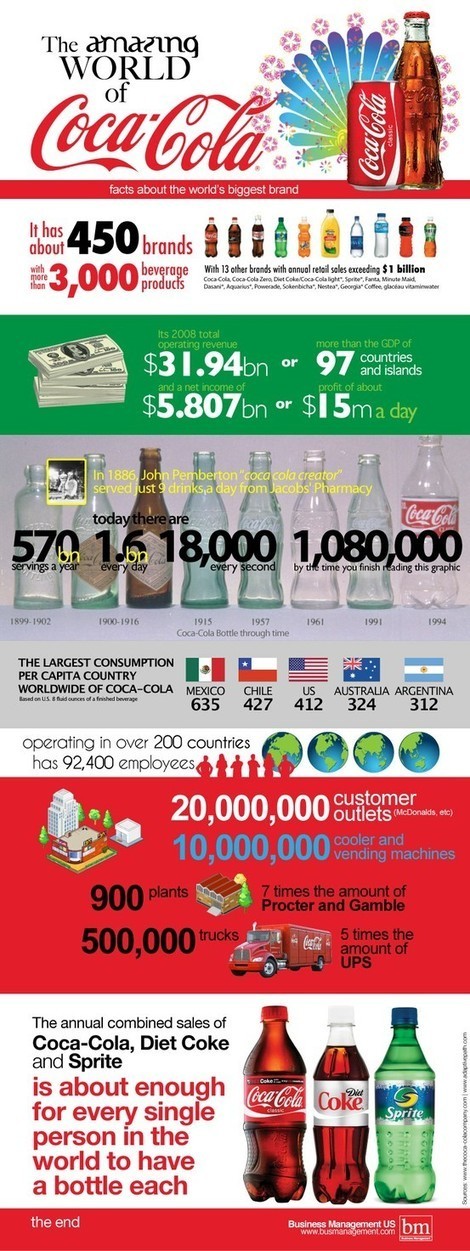Business Communication Today, 15th Ed.
Chapter 7. Digital Media
"Want to get ahead?
Jennifer Frost, with GrammarCheck.
"We need new rules on when you should text, when you should call, when you should email," writes Nicholas Carlson (photo, left).
"If you’ve ever found yourself writing an email (or contemplating writing an email) to a Very Important Person, you know how intimidating it can be.
Randy Krum features an infographic on the topic.
Work4Labs has created an infographic named "Mobile Recruiting by the (Surprising) Numbers.
Denise Scavitto covers her topic at Edudemic.
"Let’s take a look at the top social media brands as if it was a game of SNAKES and LADDERS.
"SMS remains the most useful engagement tool on mobile, followed by QR codes, two-way SMS and push notifications according to this new infographic.
"We’ve all seen it.
"Here’s the headline of a sales pitch email that landed (with a thud) recently in my inbox: .
View original content
More and more companies rely on the social web to influence customers before the sale and support them after; these statistics explain why social help is becoming so pervasive.
"So we’re taking a stand here," begins Terry Heick, director at TeachThought.
BusinessWriting.
"I came across a table about the most frequently used words in spoken and written genres in James Pennebaker's book on "The Secret Life of Pronouns", so I did a quick analysis on my cca.
"One example of how extensively mobile devices have changed long-held conventions of communications is that presenters who once were disturbed by audience members texting on their phones now are worried if they don’t," says Steve Friedman of Present Perfect.
"Kim Brown is an assistant director for Syracuse University's Career Services department.

Digital shaming has become the newest form of public stocks, ensuring the wrongdoings of individuals are widely known and impossible to erase.

Anyone who has worked with other people in other cultures is aware that emails across borders sometimes have unexpected results or even no result.

The amazing world of Coca-Cola via an infographic.

After getting fired in October from the high-tech startup where he had worked for more than four years Joshua Filgate, a 27-year-old engineer in Southborough, Mass.

Let's assume you're not stupid or a jerk or weird--that you're not misspelling every other word or ending every thought with "OK?

The Money Chart from Randall Munroe’s webcomic xkcd.

